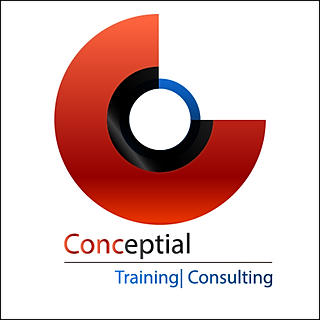Tips for making difficult conversations easier
- Admin
- Jun 6, 2018
- 3 min read
Identify your stories
The stories we tell ourselves are full of assumptions and projections we make that we use to explain how things are and what will occur in the future. If you can start to listen to yourself and hear the stories you tell, you will put yourself in a position to make a more conscious decision about whether you should speak up. If you decide your story is inaccurate, then perhaps you might venture to share something others need to hear.
Look for evidence
As you start to surface your thinking, ask yourself what experience or evidence exists that would support the assumptions you are making. Remember that your brain is trying to protect you from what it may perceive as impending danger. This is usually a good thing. However, you may wait to make a conscious choice about what course to take. You might ask yourself this question, “Would speaking up improve the current situation when weighed again the benefits of remaining silent?” It is also worth remembering not to believe everything you think in the absence of supporting data. If you are thinking negatively, then you most likely will decide not to speak up. However, if you firmly believe there will be negative consequences for speaking up, then perhaps keeping your thoughts to yourself is duly warranted. Being conscious about such a choice is what is most important.
Check your feelings
When we begin to feel uneasy, that is a sign that our brain is feeling uncomfortable. That is because we are starting to think some things that it doesn’t agree with. This is a good thing because it signals we might learn something that will help us to improve. Check your feelings and don’t believe everything you feel. Accurately assess what you know outside what you feel in the moment. Then make the decision to share based on some degree of rationality. Negative emotion signals that something is going on in our heads; use the emotion to check out your thinking.
Use REAL skills. These skills are: Recognize and suspend your judgments
Express your thoughts, ideas, experiences, and feelings in ways that invite others to express theirs.
Ask questions to understand and clarify
Listen and attend to all the verbal and nonverbal messages that are being sent.These are the skills or behaviors that are present in all effective communication. Learning how to use them will greatly increase the likelihood of conversational success.
Prepare the context.Preparation ensures that you will be able to manage the conversation effectively. Here are some questions you will want to answer before holding the conversation:
Topic: What is the topic of this conversation?
Person: How might this person respond to the topic?
Purpose: What do I want to see as an outcome of this conversation?
Past: What do I know about the situation? What are the facts?
Plan: What is the plan for achieving the desired objective of this conversation?
Assumptions: What assumptions am I making about this person in this situation?
Taking a minute to answer each of these questions will help you to know what you want to talk about, anticipate the other’s reactions, and to remain in control throughout the interaction. Preparing also will lessen any fears you may have about just “winging” it.
Go with the flow
Realize that a conversation is not something you can control. There is a current in a conversation. You have to be willing to jump in and go where the conversation will take you. You can prepare ahead of time and learn to manage the dynamic or flow of the conversation, but you have to be willing to jump in and learn as you go. Noticing where the conversation is going, asking questions to gain understanding, and knowing where you want to go will greatly help you to achieve the desired objective.The challenge in learning to hold difficult conversations begins by learning to understand yourself. You must be willing to take a look at your thinking and feelings and examine them for accuracy. Learning to use the REAL skills for any conversation and doing a bit of preparation will go a long way in helping you to hold a conversation about what matters most.








Comments